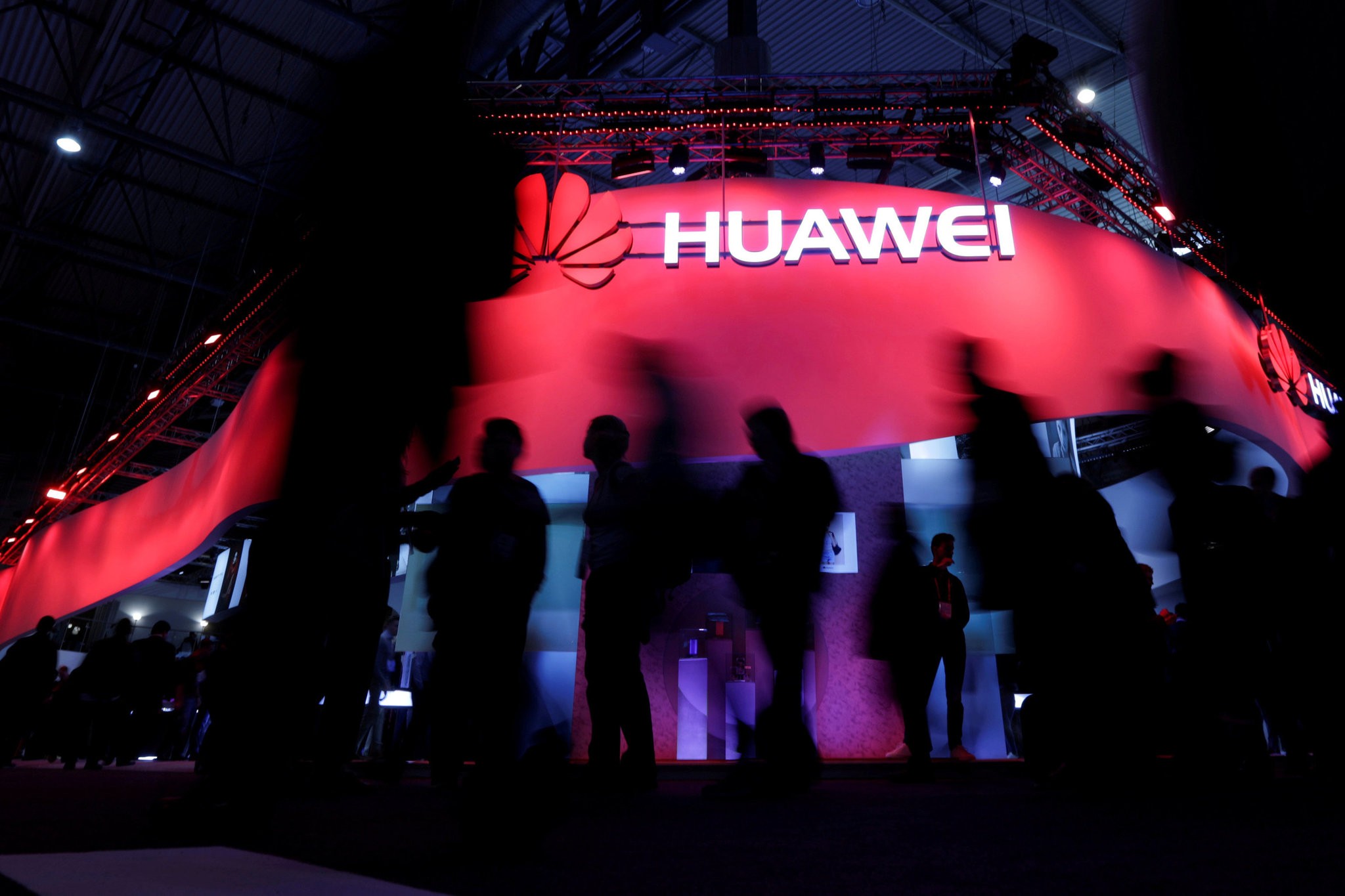Saudi welcomes china’s controversial tech giant Huawei, ignores US security concerns

The high- profile visit of Chinese President Xi Jinping to Saudi Arabia has caught the global attention for several reasons. For one, the two leaders signed a series of strategic dealsincluding one involving controversial Chinese tech giant Huawei.The deal over Huawei Technologies is related to cloud computing, data centres and building high-tech complexes in Saudi cities, according to Saudi officials.The China-Saudi deal came a little over a week after US imposed a ban on approvals of new telecommunications equipment from China’s Huawei Technologies and ZTE (000063.SZ) because they pose “an unacceptable risk” to U.S. national security.
The U.S. Federal Communications Commission recently stated that it had adopted the final rules, which also effectively bar the sale or import of new equipment made by Chinese surveillance equipment maker Dahua Technology Co (002236.SZ), video surveillance firm Hangzhou Hikvision Digital Technology Co Ltd (002415.SZ) and telecoms firm Hytera Communications Corp Ltd (002583.SZ).This move is Washington’s latest crackdown on the Chinese tech giants amid fears that Beijing could use them to spy on Americans.
In fact, US has been repeatedly talking against the Chinese company and discouraging other countries citing its security concerns. US security officials have already warned that equipment from Chinese brands such as Huawei could be used to interfere with fifth-generation (5G) wireless networks and collect sensitive information.The chiefs of the US and the UK security agencies had issued a joint warning against China in July stating that it posed a long-term threat to economic and national security. The number of Western countries has been growing that have shut out China( Huawei) from 5G. In May, Canadian wireless carriers were barred by their government from using Huawei or ZTE equipment in their 5G networks. The US, Britain, Australia, and New Zealand, who are members of the Five Eyes intelligence-sharing alliance along with Canada, had also previously banned Huawei from their respective 5G networks.
The US has also warned them that it would reconsider intelligence sharing with any country that uses Huawei gear over fears of Chinese cyber-espionage. In 2018, the Japanese government effectively banned Huawei and ZTE from official contracts. Sweden also banned Huawei and ZTE from its 5G network in 2020.
Ignoring the US warnings, Saudi government has lauded the contribution of Huawei and offered Chinese companies and investors “rewarding returns”.It may be mentioned here that Huawei has participated in building 5G networks in most Middle Eastern countries despite US concerns.
Huawei has seen its 5G business prospects being blunted across the world, especially since the US has been actively pressing its allies to ban the company’s equipment from their national networks.Huawei has been accused of being a gateway for China to spy on Western nations.As a result its 5G business prospects have suffered badly.
News reports suggested that China has dangled revolutionary 5G technology to the world through its giant telecommunications companies in an effort to make the communications systems of other nations – including the U.S. – dependent on China and subject to Chinese control and surveillance.
Real concerns v/s Huaweiand 5 G network
Huawei is the world’s largest supplier of integral communications components for cellphones and Internet providers. It was founded in 1987 by a former military engineer as part of a national effort to make China a leader in creating new technology.
According to worldatlas.com , the US has banned Huawei from building the country’s 5G network because new 5G technology can transport enormous amounts of data, but with that new freedom comes a loose, unrestricted, and rather unprotected system. According to online sources, the security architecture of 5G has been adjusted to allow as much data as possible to be collected, essentially enabling a form of mass surveillance. Governments are concerned that if one foreign company constructs the 5G network in another country, a lot of spying could potentially go on.
More so, China has a long history of exercising measures of social control over its own citizens. At present, the country’s government has developed a social credit system that assesses a citizen’s or business’s economic reputation as well as its social reputation. People and businesses are then tracked and have their trustworthiness evaluated. If you are deemed to be untrustworthy, you risk being black listed and banned from such things as movie theaters, buses, schools, and perhaps even employment. Is this the future in other countries if Huawei builds a 5G system?
Ends.






